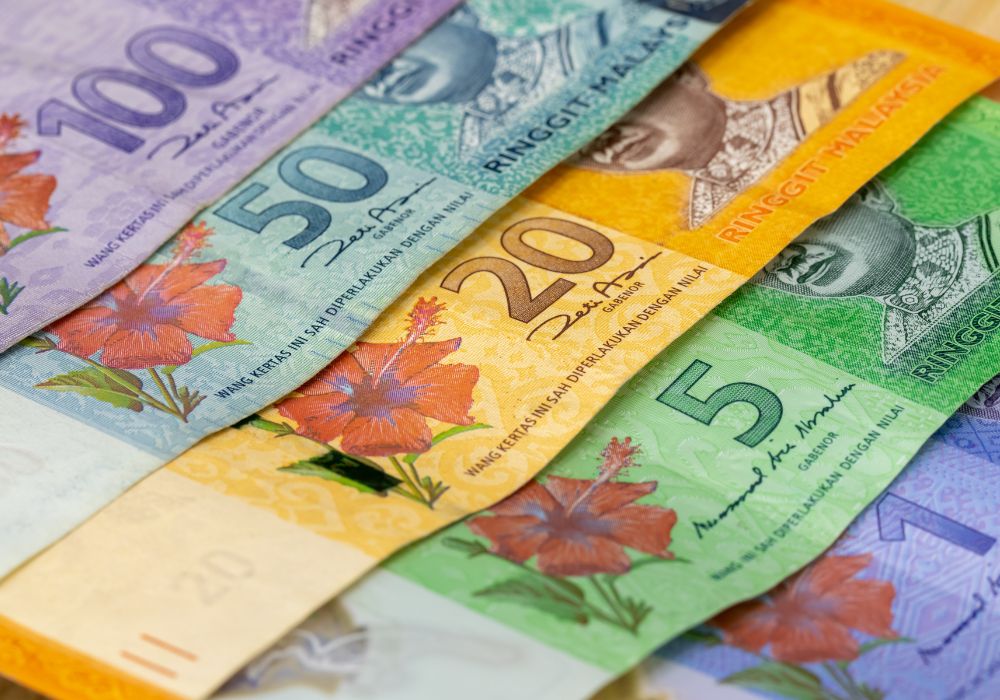
November 2, 2025 — According to sources, the central bank of Malaysia, Bank Negara Malaysia (BNM), has formally launched a three-year strategic roadmap aimed at piloting the tokenization of real-world assets (RWA), placing the country at the forefront of digital finance exploration in Southeast Asia.
Bank Negara Roadmap Overview
Under the newly established framework, BNM will oversee proof-of-concept (POC) and pilot projects beginning in 2026, with broader trials scheduled for 2027. Central to the initiative is the creation of two institutional components:
- A Digital Asset Innovation Hub (DAIH), intended as a testing and collaboration centre for tokenization technology and industry stakeholders.
- An Asset Tokenization Industry Working Group (IWG), co-led by BNM and the Securities Commission Malaysia (SC), tasked with coordinating legal, regulatory and industry-wide engagement.
The roadmap emphasizes that the tokenization efforts will focus on real-world assets, such as supply-chain finance, Islamic finance instruments, tokenized deposits and stablecoins denominated in Malaysian ringgit (MYR), rather than purely speculative cryptocurrencies.
Key Use Cases and Principles
BNM’s published report outlines several priority areas for tokenization:
- Supply-chain financing for SMEs, enabling broader credit access via digital tokens.
- Tokenized liquidity and settlement infrastructure, aimed at improving speed and transparency in settlement processes.
- Shariah-compliant Islamic finance applications, using smart contracts to streamline compliance and execution.
The central bank also clearly defines guiding principles for selecting tokenization projects:
- Tokenization must deliver tangible economic value and not rely solely on technology hype.
- Distributed ledger technology (DLT) should be applied only when it adds meaningful benefit, traditional solutions remain valid where appropriate.
- Projects must be technically feasible given current infrastructure capabilities.
- Pilot projects must operate within regulated frameworks and preserve financial stability.
Strategic Positioning
Malaysia’s roadmap is strategic for multiple reasons:
- It signals Malaysia’s ambition to modernize its financial infrastructure and compete alongside regional regulators such as the Monetary Authority of Singapore (MAS) and the Hong Kong Monetary Authority (HKMA).
- It offers an orderly and research-driven approach to tokenization, contrasting jurisdictions that rush to scale token models without regulatory guardrails.
- By focusing on regulated tokenization of asset classes, rather than speculative crypto, BNM aims to strengthen its role in the emerging digital-asset ecosystem while safeguarding monetary and financial stability.
Implications for Industry and Investors
For financial institutions and fintechs
Banks, asset managers and fintech firms in Malaysia will have a clearer roadmap and regulatory framework for experimentation. Early involvement in DAIH pilots and working-group initiatives may provide advantage in tokenized products and services.
For technology and infrastructure providers
Tokenization demands new infrastructure: token-issuance platforms, registration systems, smart-contract standards, compliance tooling. Providers positioning to support Malaysia’s pilots may gain meaningful enterprise engagement.
For investors
The roadmap reinforces tokenization as an emerging infrastructure theme. Projects linked to supply-chain tokens, Islamic digitized finance or tokenized deposits may attract interest as Malaysia’s pilots begin to move toward live trials.
For global digital-asset markets
Malaysia’s approach illustrates the maturation of asset tokenization from early hype into pragmatic institutional adoption. It may encourage other central banks and regulators to issue similar roadmaps, potentially broadening the ecosystem for cross-border tokenized finance and settlement.
Looking Ahead
In summary, Bank Negara Malaysia’s three-year asset tokenization roadmap marks an important milestone in the evolution of digital finance in Southeast Asia. With pilots planned for 2026 and trials expanding in 2027, Malaysia is signalling its readiness to embrace tokenization not as an experiment, but as a strategic infrastructure priority.
For industry participants, fintech firms, investors and technology providers, the announcement opens a window of opportunity to engage early in regulated asset-tokenization use cases across supply chains, Islamic finance and green finance. As the global financial system continues to digitize, Malaysia’s blueprint may become a reference model for how tokenization can be introduced in a measured, effective and compliant manner.
Your Trades. Our Priority. Hotcoin.
Hotcoin Official Site: https://www.hotcoin.com
Hotcoin Twitter: https://x.com/HotcoinGlobal
Hotcoin Telegram: https://t.me/HotcoinEX
Hotcoin Chinese Twitter: https://x.com/hotcoinzh
Hotcoin Chinese Community: https://t.me/hotcoinglobalcn
Hotcoin YouTube: https://www.youtube.com/@hotcoinglobal
